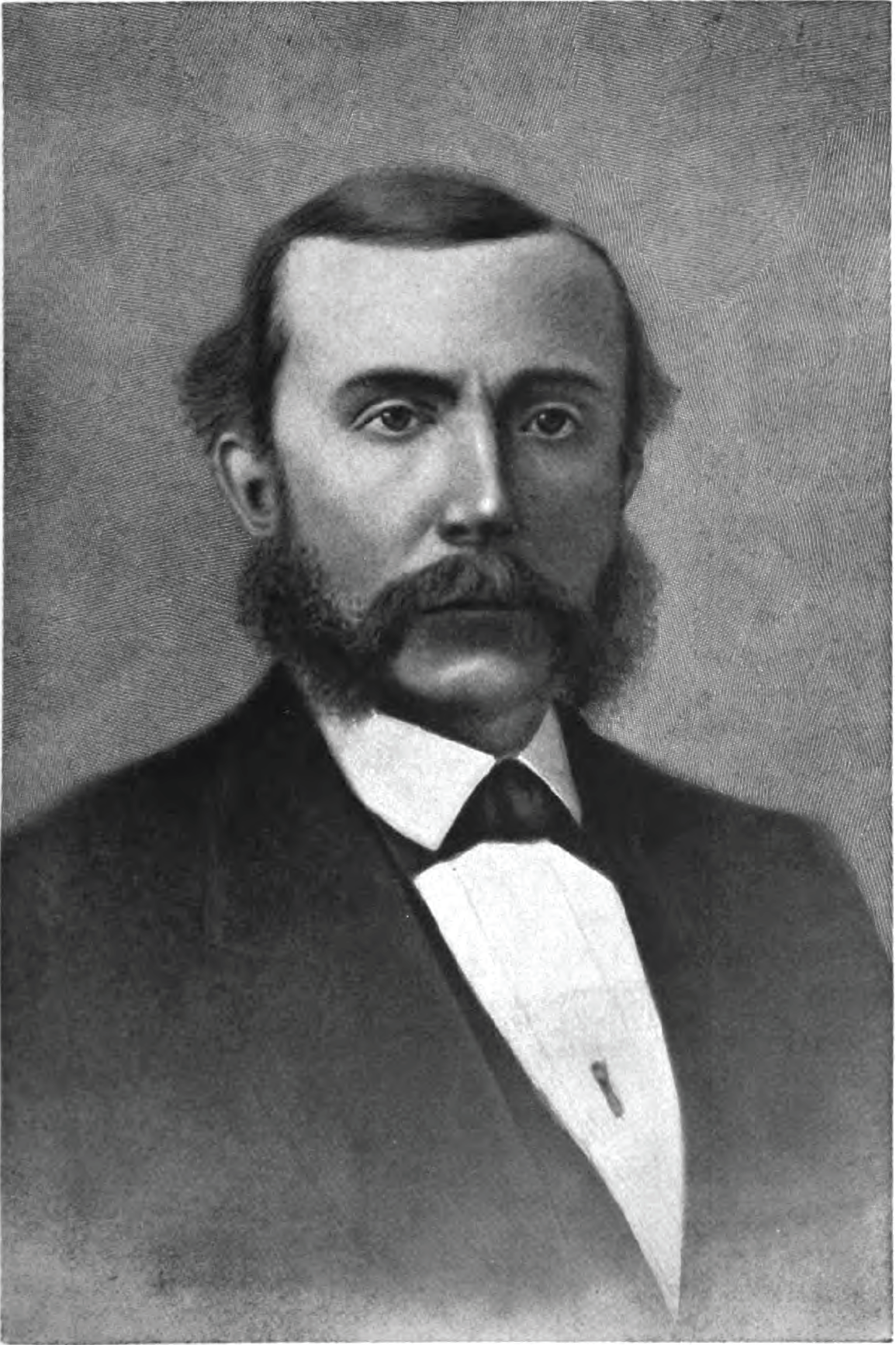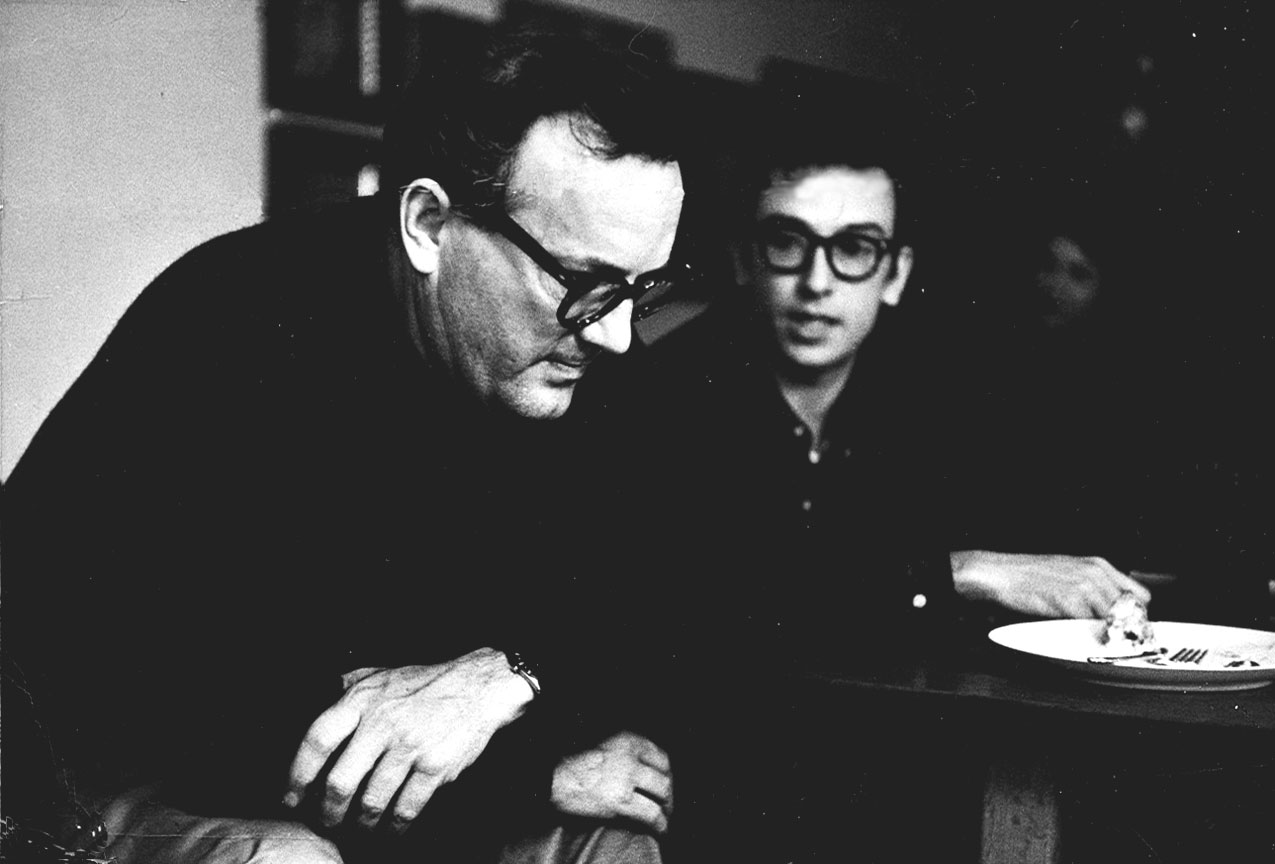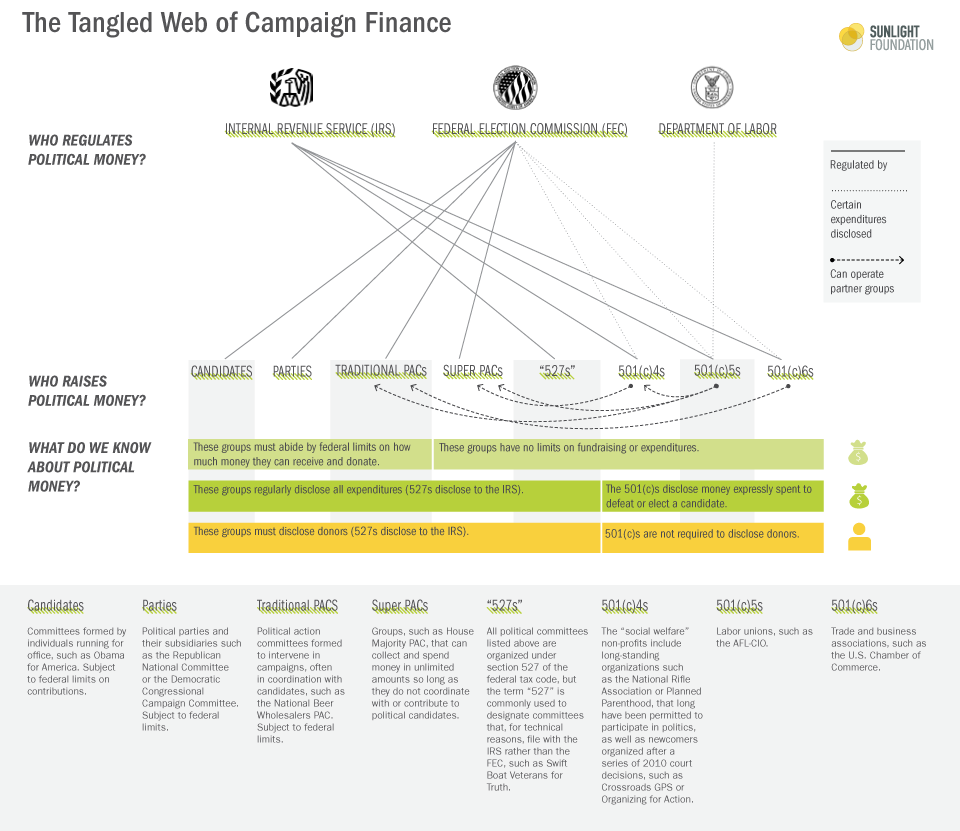|
Investment Theory Of Party Competition
The Investment theory of party competition is a political theory developed by Thomas Ferguson, Emeritus Professor of Political Science at the University of Massachusetts Boston. The theory focuses on how business elites, not voters, play the leading part in political systems. The theory offers an alternative to the conventional, voter-focused, Voter Realignment theory and Median voter theorem, which has been criticized by Ferguson and others. History The ''Investment Theory of Party Competition'' was first outlined by Thomas Ferguson in his 1983 paper ''Party Realignment and American Industrial Structure: The Investment Theory of Political Parties in Historical Perspective''. The theory is detailed most extensively in Ferguson's 1995 book ''Golden Rule: The Investment Theory of Party Competition and the Logic of Money-driven Political Systems'', in which his earlier paper is republished as a chapter. Overview Ferguson frames his theory as being both inspired by and an alternativ ... [...More Info...] [...Related Items...] OR: [Wikipedia] [Google] [Baidu] |
Political Theory
Political philosophy or political theory is the philosophical study of government, addressing questions about the nature, scope, and legitimacy of public agents and institutions and the relationships between them. Its topics include politics, liberty, justice, property, rights, law, and the enforcement of laws by authority: what they are, if they are needed, what makes a government legitimate, what rights and freedoms it should protect, what form it should take, what the law is, and what duties citizens owe to a legitimate government, if any, and when it may be legitimately overthrown, if ever. Political theory also engages questions of a broader scope, tackling the political nature of phenomena and categories such as identity, culture, sexuality, race, wealth, human-nonhuman relations, ethics, religion, and more. Political science, the scientific study of politics, is generally used in the singular, but in French and Spanish the plural (''sciences politiques'' and ''c ... [...More Info...] [...Related Items...] OR: [Wikipedia] [Google] [Baidu] |
Standard Oil
Standard Oil Company, Inc., was an American oil production, transportation, refining, and marketing company that operated from 1870 to 1911. At its height, Standard Oil was the largest petroleum company in the world, and its success made its co-founder and chairman, John D. Rockefeller, who is among the wealthiest Americans of all time and among the richest people in modern history. Its history as one of the world's first and largest multinational corporations ended in 1911, when the U.S. Supreme Court ruled that it was an illegal monopoly. The company was founded in 1863 by Rockefeller and Henry Flagler, and was incorporated in 1870. Standard Oil dominated the oil products market initially through horizontal integration in the refining sector, then, in later years vertical integration; the company was an innovator in the development of the business trust. The Standard Oil trust streamlined production and logistics, lowered costs, and undercut competitors. " Trust-busting ... [...More Info...] [...Related Items...] OR: [Wikipedia] [Google] [Baidu] |
Elections
An election is a formal group decision-making process by which a population chooses an individual or multiple individuals to hold public office. Elections have been the usual mechanism by which modern representative democracy has operated since the 17th century. Elections may fill offices in the legislature, sometimes in the executive and judiciary, and for regional and local government. This process is also used in many other private and business organisations, from clubs to voluntary associations and corporations. The global use of elections as a tool for selecting representatives in modern representative democracies is in contrast with the practice in the democratic archetype, ancient Athens, where the elections were considered an oligarchic institution and most political offices were filled using sortition, also known as allotment, by which officeholders were chosen by lot. Electoral reform describes the process of introducing fair electoral systems whe ... [...More Info...] [...Related Items...] OR: [Wikipedia] [Google] [Baidu] |
Political Theories
Political philosophy or political theory is the philosophical study of government, addressing questions about the nature, scope, and legitimacy of public agents and institutions and the relationships between them. Its topics include politics, liberty, justice, property, rights, law, and the enforcement of laws by authority: what they are, if they are needed, what makes a government legitimate, what rights and freedoms it should protect, what form it should take, what the law is, and what duties citizens owe to a legitimate government, if any, and when it may be legitimately overthrown, if ever. Political theory also engages questions of a broader scope, tackling the political nature of phenomena and categories such as identity, culture, sexuality, race, wealth, human-nonhuman relations, ethics, religion, and more. Political science, the scientific study of politics, is generally used in the singular, but in French and Spanish the plural (''sciences politiques'' and '' ... [...More Info...] [...Related Items...] OR: [Wikipedia] [Google] [Baidu] |
Michael Albert
Michael Albert (born April 8, 1947) is an American economist, speaker, writer, and political critic. Since the late 1970s, he has published books, articles, and other contributions on a wide array of subjects. He has also set up his own media outfits, magazines, and podcasts. He is known for helping to develop the socioeconomic theory of participatory economics. Biography Albert was born in New York City and grew up in New Rochelle, New York. In 1965, Albert was studying physics at MIT. He objected to the US military's funding of the university. This, along with the civil rights movement, led Albert to become politically active. He became a member of Students for a Democratic Society and opposed the Vietnam War. He was expelled from MIT, in January 1970, for disruptive behaviour, although he claimed the charges were 'cooked-up'. Albert founded South End Press in 1977 along with Lydia Sargent and Juliet Schor, among others. In 1987, Albert founded ''Zeta Magazine'' with Sarge ... [...More Info...] [...Related Items...] OR: [Wikipedia] [Google] [Baidu] |
Noam Chomsky
Avram Noam Chomsky (born December 7, 1928) is an American public intellectual: a linguist, philosopher, cognitive scientist, historian, social critic, and political activist. Sometimes called "the father of modern linguistics", Chomsky is also a major figure in analytic philosophy and one of the founders of the field of cognitive science. He is a Laureate Professor of Linguistics at the University of Arizona and an Institute Professor Emeritus at the Massachusetts Institute of Technology (MIT), and is the author of more than 150 books on topics such as linguistics, war, politics, and mass media. Ideologically, he aligns with anarcho-syndicalism and libertarian socialism. Born to Ashkenazi Jews, Jewish immigrants in Philadelphia, Chomsky developed an early interest in anarchism from alternative bookstores in New York City. He studied at the University of Pennsylvania. During his postgraduate work in the Harvard Society of Fellows, Chomsky developed the theory of transformat ... [...More Info...] [...Related Items...] OR: [Wikipedia] [Google] [Baidu] |
Money Loop
"Follow the money" is a catchphrase popularized by the 1976 docudrama film '' All the President's Men'', which suggests political corruption can be brought to light by examining money transfers between parties. Origin For the film, screenwriter William Goldman attributed the phrase to Deep Throat, the informant who took part in revealing the Watergate scandal. However, the phrase is mentioned neither in the non-fiction book that preceded the film nor in any documentation of the scandal. The book has the phrase "The key was the secret campaign cash, and it should all be traced," which author Bob Woodward says to Senator Sam Ervin. History The phrase ''Follow the money'' was mentioned by Henry E. Peterson at the 1974 Senate Judiciary Committee hearings as Earl J. Silbert was nominated to U.S. Attorney. A 1975 book by Clive Borrell and Brian Cashinella, ''Crime in Britain Today'', also uses the phrase. Since the 1970s, "follow the money" has been used several times in investigat ... [...More Info...] [...Related Items...] OR: [Wikipedia] [Google] [Baidu] |
Elite Theory
In political science and sociology, elite theory is a theory of the State that seeks to describe and explain power relationships in contemporary society. The theory posits that a small minority, consisting of members of the economic elite and policy-planning networks, holds the most power—and that this power is independent of democratic elections. Through positions in corporations or on corporate boards, and influence over policy-planning networks through the financial support of foundations or positions with think tanks or policy-discussion groups, members of the "elite" exert significant power over corporate and government decisions. The basic characteristics of this theory are that power is concentrated, the elites are unified, the non-elites are diverse and powerless, elites' interests are unified due to common backgrounds and positions and the defining characteristic of power is institutional position. Elite theory opposes pluralism (more than one system of power), a ... [...More Info...] [...Related Items...] OR: [Wikipedia] [Google] [Baidu] |
Cash For Honours
The Cash-for-Honours scandal (also known as Cash for Peerages, Loans for Lordships, Loans for Honours or Loans for Peerages) was a political scandal in the United Kingdom in 2006 and 2007 concerning the connection between political donations and the award of life peerages. A loophole in electoral law in the United Kingdom means that although anyone donating even small sums of money to a political party has to declare this as a matter of public record, those loaning money at commercial rates of interest did not have to make a public declaration. In March 2006, several men nominated for life peerages by then Prime Minister Tony Blair were rejected by the House of Lords Appointments Commission. It was later revealed they had loaned large amounts of money to the governing Labour Party, at the suggestion of Labour fundraiser Lord Levy. Suspicion was aroused by some that the peerages were a ''quid pro quo'' for the loans. This resulted in three complaints to the Metropolitan Police ... [...More Info...] [...Related Items...] OR: [Wikipedia] [Google] [Baidu] |
Campaign Finance
Campaign finance, also known as election finance or political donations, refers to the funds raised to promote candidates, political parties, or policy initiatives and referendums. Political parties, charitable organizations, and political action committees (in the United States) are vehicles used for fundraising for political purposes. " Political finance" is also popular terminology, and is used internationally for its comprehensiveness. Political donations to funds received by political parties from private sources for general administrative purposes. Political campaigns involve considerable expenditures, including travel costs of candidates and staff, political consulting, and advertising. Campaign spending depends on the region. For instance, in the United States, television advertising time must be purchased by campaigns, whereas in other countries, it is provided for free. The need to raise money to maintain expensive political campaigns diminishes ties to a represent ... [...More Info...] [...Related Items...] OR: [Wikipedia] [Google] [Baidu] |
An Economic Interpretation Of The Constitution Of The United States
''An Economic Interpretation of the Constitution of the United States'' is a 1913 book by American historian Charles A. Beard. Summary ''An Economic Interpretation of the Constitution of the United States'' argues that the structure of the Constitution of the United States was motivated primarily by the personal financial interests of the Founding Fathers. Beard contends that the authors of ''The Federalist Papers'' represented an interest group themselves. More specifically, Beard contends that the Constitutional Convention was attended by, and the Constitution was therefore written by, a "cohesive" elite seeking to protect its personal property (especially federal bonds) and economic standing. Beard examined the occupations and property holdings of the members of the convention from tax and census records, contemporaneous news accounts, and biographical sources, demonstrating the degree to which each stood to benefit from various Constitutional provisions. Beard pointed out, f ... [...More Info...] [...Related Items...] OR: [Wikipedia] [Google] [Baidu] |





